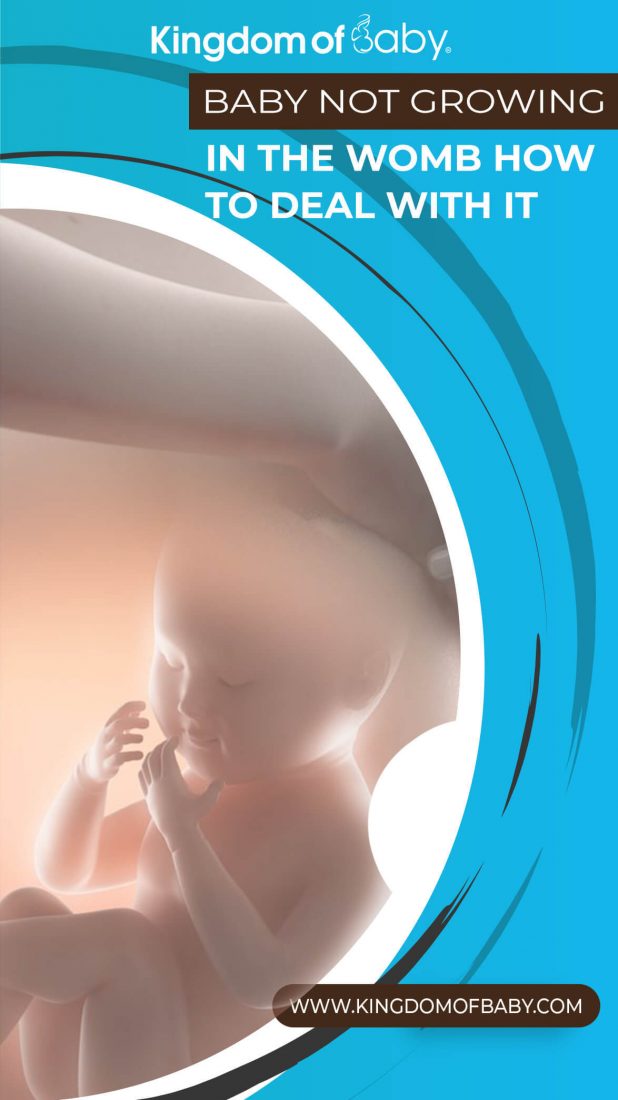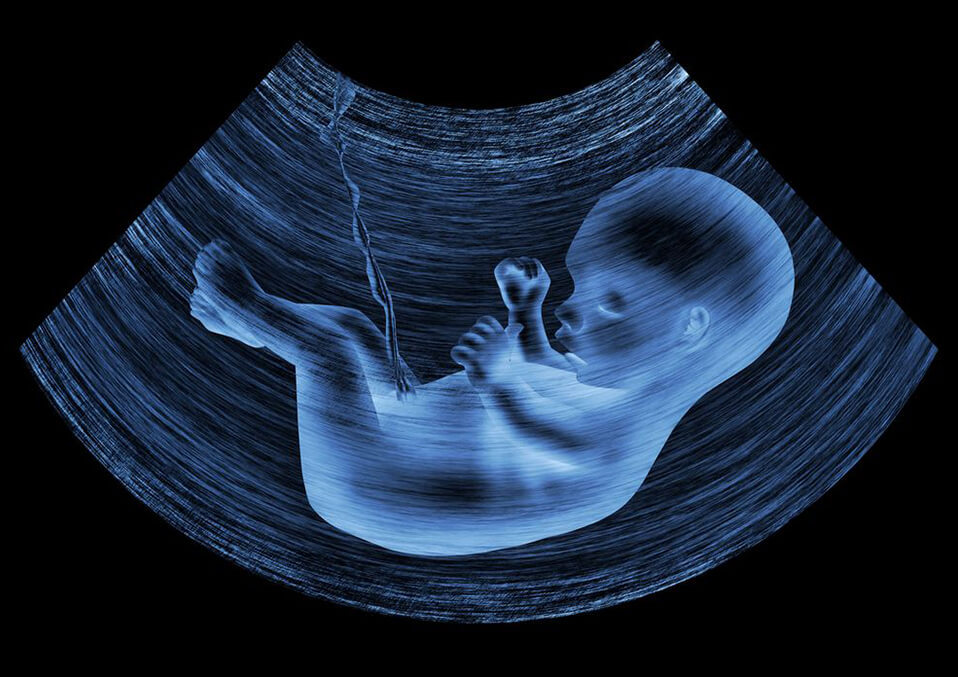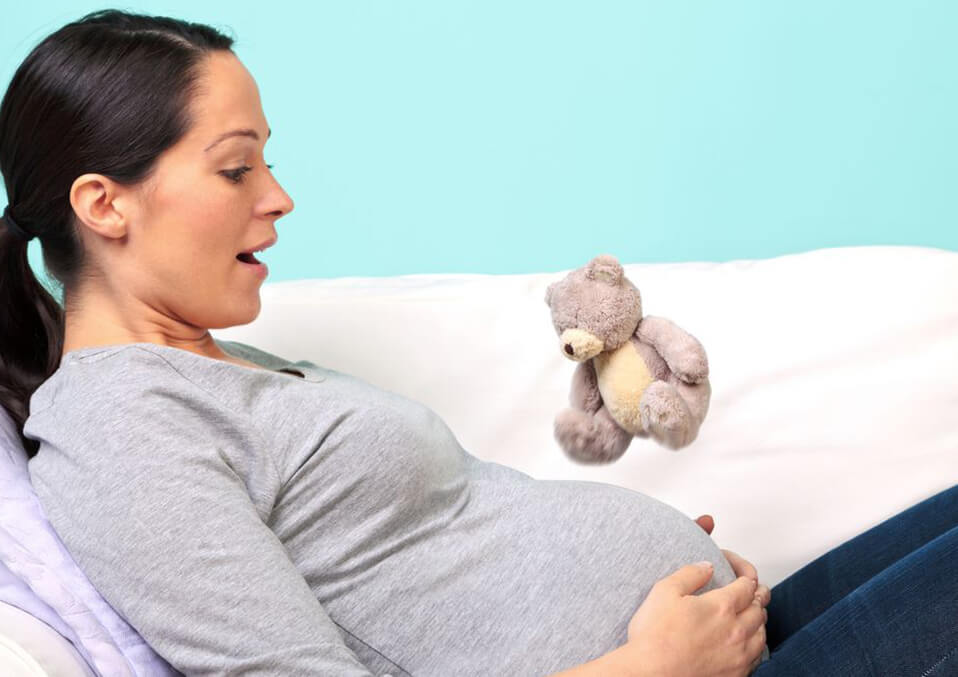
Baby not growing in the womb or known as Intrauterine Growth Restriction (IUGR) is a serious pregnancy complication of a fetus where its weight is lighter and its size is smaller than expected during the gestational age. For physicians to say that the fetus is undergoing Intrauterine Growth Restriction there must be tests that a pregnant woman undergoes because basing on the size and weight of the fetus is not enough, maybe the fetus is just small due to malnutrition.
If there are already confirmations that your pregnancy is at risk for Intrauterine Growth Restriction it means that the fetus is not growing and developing because of the umbilical cord and placenta that causes the baby not to grow in the womb. There are some triggering factors for this. In this article, the different causes and remedies for this pregnancy condition will be discussed.
What causes this growth dysfunction?

It is always advisable that if you are expecting to have a baby you should always be healthy to avoid different complications during pregnancy. However, if you already have serious illnesses prior to pregnancy, it is important to seek guidance from your OB-Gyne so that you would know the preparations that you can do to maintain a healthy body during pregnancy. If you have one of these health complications, there is a high risk that you will experience a baby not growing in the womb.
These are the factors that may trigger Intrauterine Growth Restriction: Diabetes, high blood pressure, heart ailments, anemia, lung diseases, kidney failure, lupus, malnutrition, obesity, alcohol, and drug abuse. During pregnancy, it would be difficult for you to take medications that is why there is a possibility that the illnesses that you have will worsen.
Read also: Disinfecting baby toys the natural way
Your doctor will tell you if it is safe for you to conceive or not so as not to put yourself at risk.
What happens to the fetus?

If this pregnancy complication happens, there may be a delay in the growth and development of the fetus, it may be a triggering factor for different health illnesses for both the mother and the baby during the pregnancy, delivery and after birth. The fetus is having a hard time absorbing nutrients that is why there is no sufficient immunity to fight against infections and the ability to avoid birth defects. Abnormal blood count cells, hypoglycemia, and neurological problems may also develop.
Read also: Reasons why babies are always rubbing their eyes
It is important to closely monitor the mother and the fetus’s condition because if not properly attended to, it may cause stillbirth or the fetus may die in the womb before birth. Most likely, there is an increased likelihood that the mother is due for cesarean section delivery to have more safe labor.
How to Detect if the fetus is not in the womb?
- Fundal height
Your OB-Gyne would measure your pubic bone up to the top of the uterus. The total measurement of the fundal height is in centimeters and the value should be the same or close to the number of weeks of pregnancy. For example, if your fundal height is at 26cm then you should be within 24-27 gestation week.
- Fetal ultrasound
The fetal weight is detected accurately through ultrasound because it makes use of sound waves to generate images of the baby in the womb that is why if the baby is not in the womb, it can easily be detected. The sound waves are not like ultraviolet rays that may harm your health and the baby. The actual weight of the fetus is measured against the expected measurement at the weeks of pregnancy.
Read also: Does your baby have an eye stye
- Doppler ultrasound
In this type of ultrasound, Intrauterine Growth Restriction is diagnosed by thoroughly checking if the blood flow is properly being delivered to the fetus through the placenta and umbilical cord. If there are some abnormalities in transporting the blood, then there is an increased likelihood of suffering this kind of pregnancy dysfunction.
How pregnant women monitor this condition?

- Frequent checkup
If you have this difficulty in pregnancy, it is always important to have more prenatal checkups to do frequent ultrasounds to monitor not only your health but to check how your baby is surviving. Your doctor may advise you to take other tests to ensure that all your vitals are in the normal range.
- Taking medicines such as Corticosteroid medicine
This type of drug treats different illnesses that you have, it serves as an anti-inflammatory and it strengthens immunity to fight different kinds of ailments. For your health situation, this is the only maintenance medicine that you can use so as not to harm the development of your baby.
Read also: Bruises on the baby’s skin
- Continuous tracking of fetal movements
The movement of your fetus is critical so it should also be monitored on a regular basis and so that your OB-Gyne can give you some instructions on what you can do to help the baby. You may need to have a hospital stay to have close monitoring of your health situation.
- Early delivery or emergency cesarean
During the last phases of your pregnancy, there is a possibility that you may need to undergo early delivery or emergency cesarean so as not to risk you and your baby’s life. There are some instances wherein the baby needs to stay in an incubator for a couple of months to survive.
What preparations do you need to take?
If confronted with this pregnancy condition, it is important to take good care of yourself. There is a recommended calorie intake for pregnancy so as not to aggravate the situation. You need to eat plenty of nutritious foods to ensure that your baby has enough supply of vitamins and minerals. Stay away from stress and be sure to have enough rest for at least 2 hours or rest in the afternoon and make sure to have a complete 8 hours of sleep at night. If you still have vices, you must stop it now because your baby is at high risk of developing different kinds of health ailments. Remember, if you have a healthy body, then it will definitely be reflected in your baby’s health.
This article is all about the pregnancy complication which is the Intrauterine Growth Restriction (IUGR) where the baby is not growing in the womb. Throughout this article, the different triggering factors of this pregnancy complication while being explained and how it affects both the mother and the fetus.
Read also:
- Prenatal Ultrasound: What You Should Know?
- Does Your Baby Have Senses Inside Your Womb?
- Baby’s Position in the Mothers Womb after 8 Months


